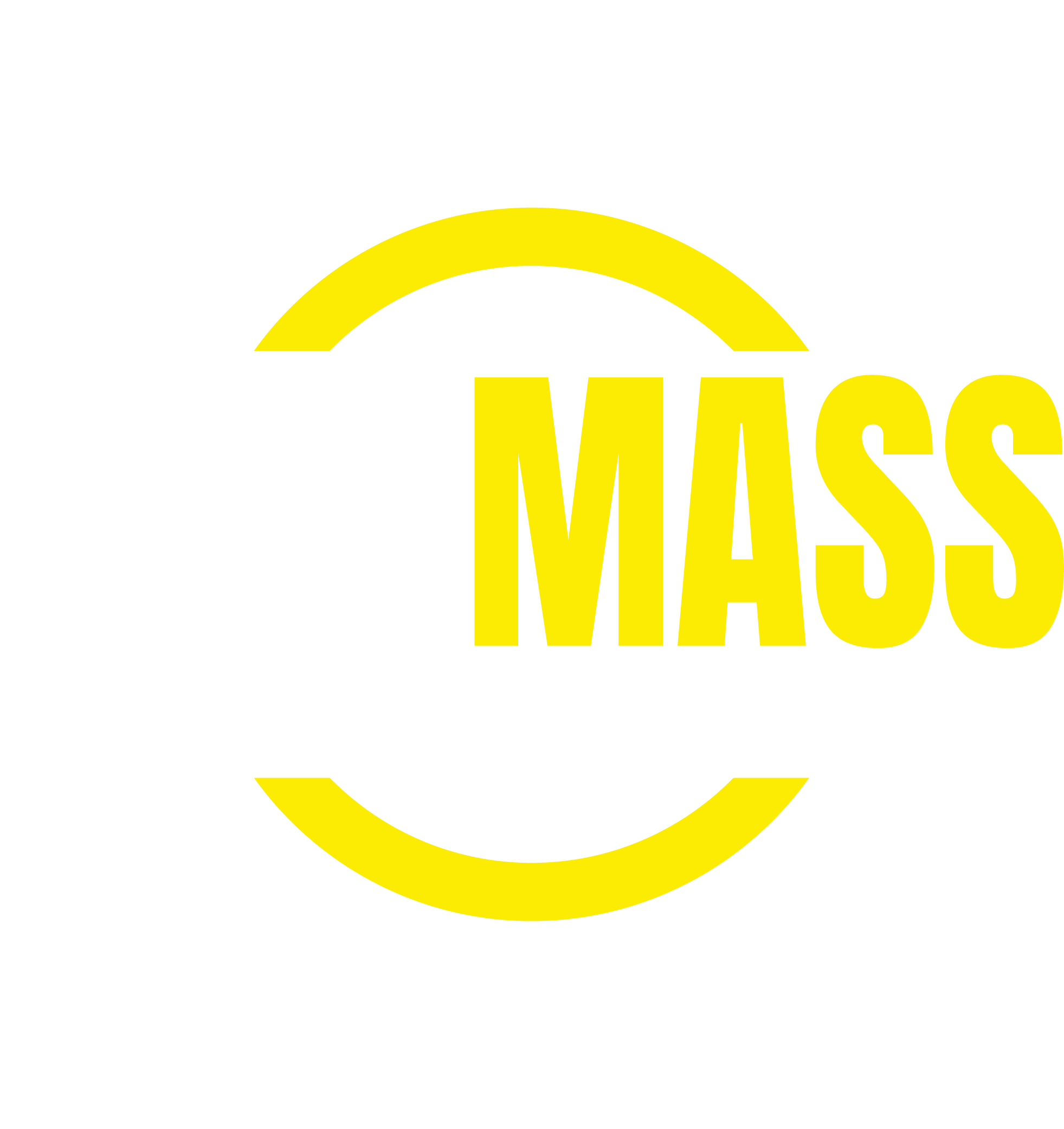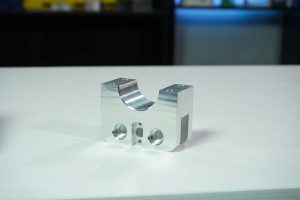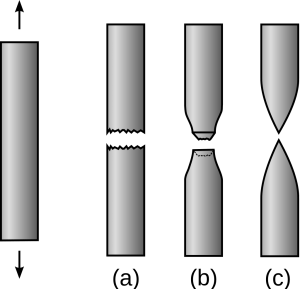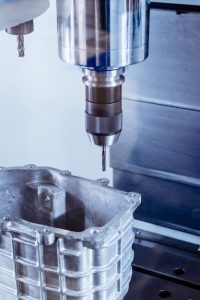Introduction to Titanium
Titanium is a lustrous transition metal with a silver color, low density, and high strength. It is renowned for its resistance to corrosion from water and chemical substances, making it an ideal material for use in challenging environments. Its impressive strength-to-weight ratio and resistance to fatigue and crack propagation are highly valued in sectors such as aerospace, military, medical devices, and sports equipment. For example, the aerospace industry employs titanium in aircraft structures and engines where lightweight and durability under extreme conditions are crucial.
The Chemical Properties of Titanium
Titanium is distinguished by its unique atomic structure, which contributes to its remarkable corrosion resistance and high strength-to-density ratio. This lustrous metal has an atomic number of 22 and is characterized by a low density and a strong metallic bond. When comparing titanium to other metals such as iron or steel, it stands out for its lower reactivity due to the presence of a stable, protective oxide film that forms spontaneously when exposed to air or water. Unlike many other metals that readily undergo oxidation and rusting, this passive layer shields titanium from further attack, thereby minimizing its susceptibility to corrosion—a feature that underpins its broad application in environments where durability and longevity are essential.
Does Titanium Rust?
Rust is typically known as the reddish-brown flaky coating found on iron and steel that occurs when these metals are exposed to oxygen and moisture for a prolonged period. This process, more scientifically referred to as corrosion, involves the metal oxidizing which often leads to its deterioration. Unlike iron-based materials, titanium possesses an extraordinary resistance to this corrosive attack because it forms a passive and protective oxide layer upon exposure to atmospheric oxygen. When in contact with oxygen, whether from water or air, this layer—comprised of titanium dioxide (TiO2)—immediately reforms if damaged or removed. Hence, titanium does not rust like traditional ferrous metals but can undergo a form of localized corrosion in extremely aggressive environments, a situation far less common than the widespread rusting usually associated with metals.
Factors Influencing Titanium Corrosion Resistance
The corrosion resistance of titanium is highly dependent on environmental factors such as temperature, pH levels, and the presence of certain chemicals. For example, titanium performs exceptionally well against corrosion in seawater, making it ideal for marine applications. However, acidic conditions or high temperatures can compromise this resistance, potentially leading to increased corrosion rates. Additionally, alloying elements like aluminum, vanadium, and molybdenum are commonly added to pure titanium to enhance its strength and corrosion resistance. These elements form stable compounds within the titanium structure that act as a barrier to corrosion. However, the specific composition of an alloy must be carefully designed, as excessive amounts of certain elements could lead to phases that may be detrimental to the overall corrosion resistance of the material.
Advantages of Using Titanium Despite Concerns About Corrosion
Titanium stands out from other materials due to its exceptional resistance to corrosion, which is particularly beneficial in environments that are highly corrosive such as seawater or chlorine-exposed scenarios. This metallic element boasts a protective oxide film that forms naturally on its surface, making it remarkably resilient against oxidation and rusting. For instance, the aerospace industry leverages titanium’s superior strength-to-weight ratio and corrosion resistance for aircraft components exposed to severe weather and chemical elements, ensuring longevity and reliability. Furthermore, the biomedical field utilizes titanium for implantable devices within the human body, taking advantage of both its biocompatibility and ability to withstand bodily fluids without deteriorating. The integral role of titanium under these corrosive conditions showcases its indispensable qualities over more conventional materials.
Care and Maintenance for Titanium Products
Maintaining titanium items effectively requires adherence to best practices that preserve their integrity, as titanium does not rust like ferrous metals but can still become contaminated or lose its aesthetic appeal. Regular cleaning with a soft cloth and mild soap followed by thorough rinsing ensures removal of potential contaminants; avoiding abrasive materials will prevent scratches on the surface. It is a common misconception that titanium products can endure any environment without consequence – while they are indeed resistant, exposure to acidic substances or chlorine should be minimized to maintain their condition. In instances where titanium parts are joined with other metals, galvanic corrosion can occur at contact points if not properly insulated, hence ensuring insulation at such junctures is crucial.



